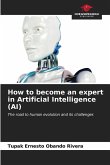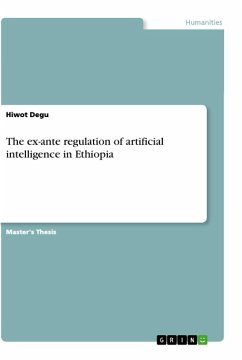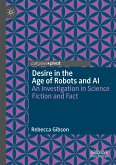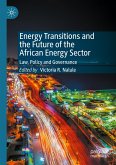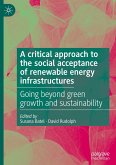This book invites the reader to follow seemingly unrelated paths towards the same goal: making sense of what it means to be human in a world that casually blends discourses on nature, technology, and biology with ideas of progress, optimization and their capitalization at the centre. The author critically analyses current thinking which often looks at technological solutions to the challenges posed by climate change, and where artificial intelligence is instrumental in fulfilling the promise of ecological capitalism. He instead advocates that we take a closer look at the politics of optimization within and outside managerial perspectives, which could reveal that one of the main sources of our repeated failures related to governance and climate change lies not intrinsically in the qualities of the tools we use, but in the underlying assumptions with which we design, and in the scope of their use. Therefore, the book looks at possible solutions for humanity that may lie betweenthe rock of technology and the hard place of nature. That is, it asks for a revision in our implicit assumptions for building our tools; critiques the thinking about our relationships with them; and re-assesses their use.
Richly documented, imaginatively argued, and captivatingly written, this book explores unexpected entanglements of nature, culture, and technology that emerge in A.I. s unruly and unforeseen trajectories.
- George Paul Meiu, Professor of Anthropology, University of Basel
Balasescu develops wide-ranging thick-descriptions that provocatively draw together lotus flowers and data banks, snakes and algorithms to delve into how bodies, cultures and power are invisibly ensconced in every aspect of the digital realm.
- Susan Ossman, Distinguished Professor of Anthropology, University of California Riverside
This important work traces the evolution and development of the paradigms that made artificial intelligence possible and perhaps even inevitable.
Richly documented, imaginatively argued, and captivatingly written, this book explores unexpected entanglements of nature, culture, and technology that emerge in A.I. s unruly and unforeseen trajectories.
- George Paul Meiu, Professor of Anthropology, University of Basel
Balasescu develops wide-ranging thick-descriptions that provocatively draw together lotus flowers and data banks, snakes and algorithms to delve into how bodies, cultures and power are invisibly ensconced in every aspect of the digital realm.
- Susan Ossman, Distinguished Professor of Anthropology, University of California Riverside
This important work traces the evolution and development of the paradigms that made artificial intelligence possible and perhaps even inevitable.



